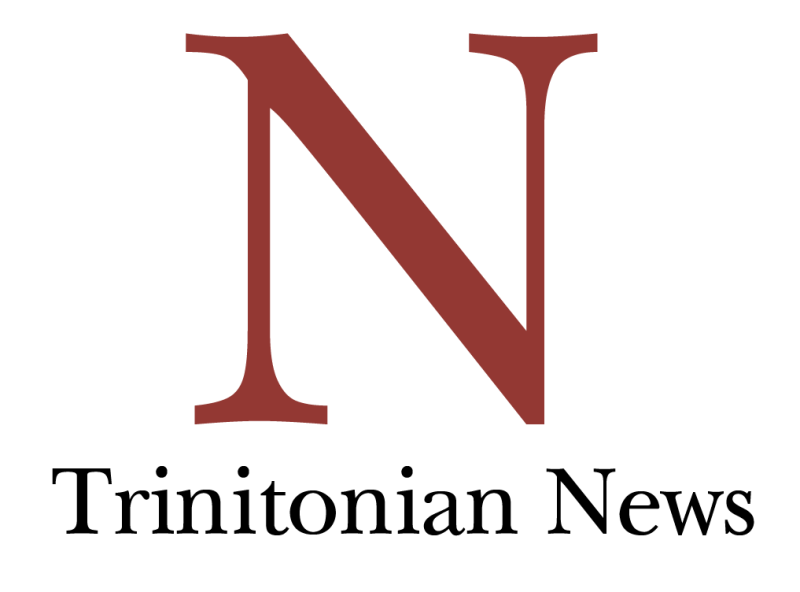Danny Anderson will be inaugurated as Trinity’s 19th President today. In light of this, Anderson was willing to share what the investiture ceremony means to him and some of his plans for Trinity’s future.
“When I think about what the investiture of a new president does, it is designed to help the university community reconnect with its past, and think about its future,” Anderson said. “All of the events are designed to bring us together. I think it’s important to not overlook symbolism as we think about how we will be a stronger university if we are more intentional about ways that we work together and work as a community to achieve our shared goals.”
One of President Anderson’s goals for the future is to work on maintaining Trinity’s traditions.
“There is a tradition here, and it is my responsibility to make certain it remains alive, to try and motivate people as we think about how we want to keep that tradition relevant for a world that is changing. The second thing is “¦ understanding what are all the important things about Trinity that I must be certain we keep strong in the future,” Anderson said. “People will often put emphasis on the things they want to change without realizing there are many great things we need to preserve.”
Anderson plans on heightening the integration of Trinity’s curriculum.
“The key things that keep coming up time and again as important are looking at the way that we have an integrated educational experience. And by that, I mean that I’m thinking about the variety of ways we have the breadth of liberal arts and sciences and some remarkable professional programs and finding ways to integrate all of those effectively. I think our students have been doing that for decades, and they are showing us as faculty and leaders ways that we can help them by tightening the coordination and connection across the university’s curriculum,” Anderson said.
The idea of Trinity’s campus being an intentional space is important to Anderson, as well as enabling the sense of community here at Trinity.
“A second aspect is the way that students and alumni always talk about the intentional space of our campus. This is a home that people feel very anchored to. As we work on a campus master plan … how do we ensure that this intentional space will continue to connect and build community the way that it has for decades?”
Anderson intends to maintain and increase the individualization of the Trinity experience.
“I continually hear how intensely individualized experiences are for students. Just the breadth of the various things that students do and the ways students are involved”¦is really remarkable, but the quality of it exceeds what you would expect out of undergraduate students. That continual drive to rise to a new challenge that is everywhere on this campus is really important,” Anderson said.
The relationship between students and faculty is an important aspect of life at Trinity and an aspect that Anderson hopes will grow.
“The other thing is that if you look at major national studies about what helps students not only be successful in college but thrive after they leave, they all point to the idea that developing a truly meaningful relationship with an adult mentor, whether faculty or staff, someone that cares about you personally. I feel like we are doing a great job at having that occur,” Anderson said.
As President, Anderson will spread the Trinity’s message so that others can be made aware of the benefits of a Trinity education and so that we may grow as a university.
“It is really important in our context today for a president to realize the importance of working on the outside of the university, finding ways to spread the story about the remarkable experience students can get from Trinity,” Anderson said. “I want other people, not only Trinity alumni, to know the value of everything you receive from your education here. I’m looking at places where I can become more involved in national conversations so I can share the stories about all that is going on at Trinity so that more people are aware of what they can receive if they became students at Trinity.”







